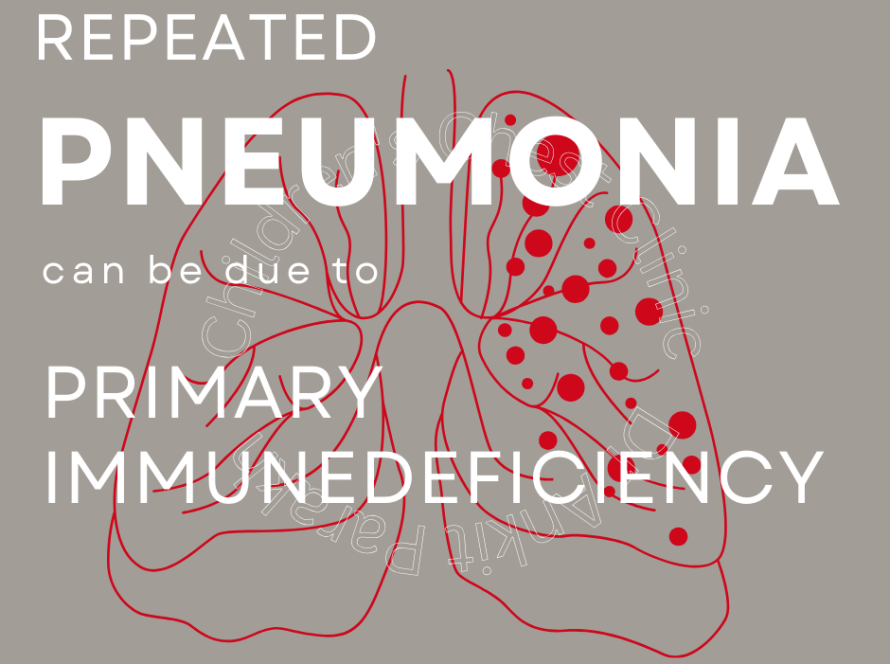Asthma is a common chronic respiratory condition in children, characterized by episodes of wheezing, coughing, shortness of breath, and chest tightness. As a parent, you may wonder when, or if, your child will outgrow asthma. The answer varies greatly and depends on several factors.
Understanding Asthma in Children
Asthma involves inflammation and narrowing of the airways, which can be triggered by allergens, respiratory infections, exercise, or environmental factors. Symptoms can range from mild to severe and can affect a child’s daily activities and sleep.

Can Children Outgrow Asthma?
For some children, asthma symptoms may diminish or disappear as they grow older, particularly by the time they reach adolescence. However, this is not guaranteed, and for many, asthma persists into adulthood. Several factors influence the likelihood of outgrowing asthma:
- Age of Onset: Children who develop asthma symptoms very early in life, particularly before the age of 3, are more likely to see improvement as they age.
- Severity of Symptoms: Children with mild, intermittent symptoms have a higher chance of outgrowing asthma compared to those with severe, persistent symptoms.
- Family History: A family history of asthma or other allergic conditions, such as eczema or hay fever, may indicate a genetic predisposition, making it less likely for the child to outgrow asthma.
- Allergic Sensitization: Children with allergies or who are sensitized to multiple allergens are more likely to have persistent asthma.
Phases of Childhood Asthma
Asthma symptoms can change over time and often follow certain patterns:
- Infancy and Early Childhood: Asthma symptoms may be more frequent and severe due to the smaller size of airways and frequent respiratory infections.
- School Age: Symptoms may stabilize or even improve, particularly if asthma triggers are well-managed and the child is adherent to their treatment plan.
- Adolescence: Some children experience a significant reduction in asthma symptoms during puberty, possibly due to hormonal changes and the growth of airways.
- Adulthood: Asthma may persist, return, or remain in remission. For some, symptoms reappear later in life, even after years of being symptom-free.
Managing Asthma in Children
Whether or not a child outgrows asthma, effective management is crucial to minimize symptoms and improve quality of life. Key strategies include:
- Adherence to Treatment: Following the prescribed asthma action plan, including regular use of controller medications (like inhalers) and quick-relief inhalers (for sos use).
- Avoiding Triggers: Identifying and minimizing exposure to known asthma triggers, such as allergens, smoke, and pollutants.
- Regular Monitoring: Keeping track of symptoms and lung function, and maintaining regular follow-ups with a healthcare provider.
- Healthy Lifestyle: Encouraging regular physical activity, a balanced diet, and adequate sleep to support overall health and well-being.
Conclusion
The possibility of outgrowing asthma varies for each child. While some may see their symptoms improve or disappear over time, others may continue to experience asthma into adulthood. Regardless of whether your child’s asthma is temporary or lifelong, effective management is key to ensuring they lead a healthy and active life.
Staying informed, adhering to treatment plans, and maintaining open communication with your child pulmonologist or allergist will help you navigate your child’s asthma journey and provide the best possible care.






